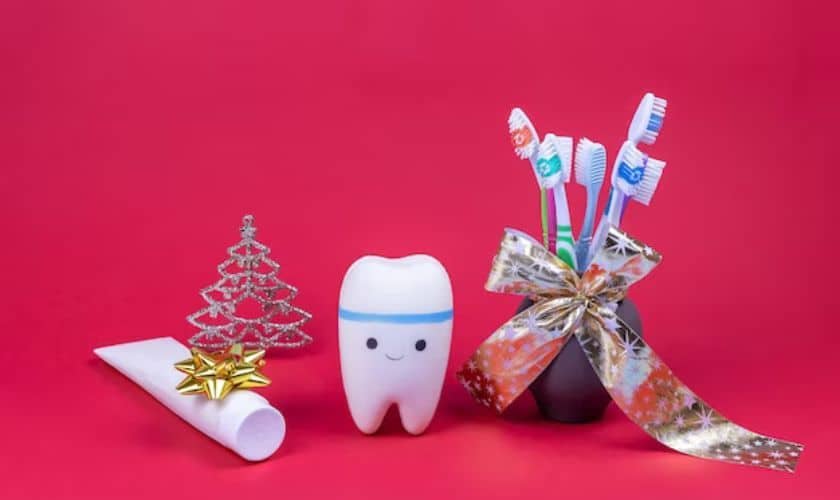Beyond the diagnosis that lets you know you have bruxism, you may find yourself wondering why this is a disorder affecting you but not your friend, spouse, or another significant person in your life. First, recognize that bruxism often goes unnoticed and affects more people than you may realize. Next, it’s important to note that bruxism occurs due to a wide variety of factors – fortunately, our bruxism treatment addresses the issue regardless of the underlying cause.
Your Smile Is Misaligned
In some instances, you may require bruxism treatment because your smile is misaligned. In your attempt to correct the issue by shifting your jaw into a different location to eat, speak, or rest, you may promote grinding and clenching. Fortunately, both oral appliance therapy and orthodontic treatment can address the issue, so you achieve long-term relief and protection from damage.
Emotional Factors
It’s possible that emotional factors play a role in bruxism, though its important to remember that there is not one specific cause. For some, feeling extremely stressed or anxious can lead to grinding and clenching – when it comes to the disorder, this includes involuntary grinding and clenching, rather than the active decision to do so in response to psychological discomfort.
Certain Medications
Sometimes, you may not necessarily need bruxism treatment but you may need to speak with your doctor about changing the medication you are on. If it’s a side effect, it may actually show up. However, remember that whatever the cause, if you must remain on a particular medication or otherwise, wearing an oral appliance at night will cushion your bite, so you enjoy relief.





